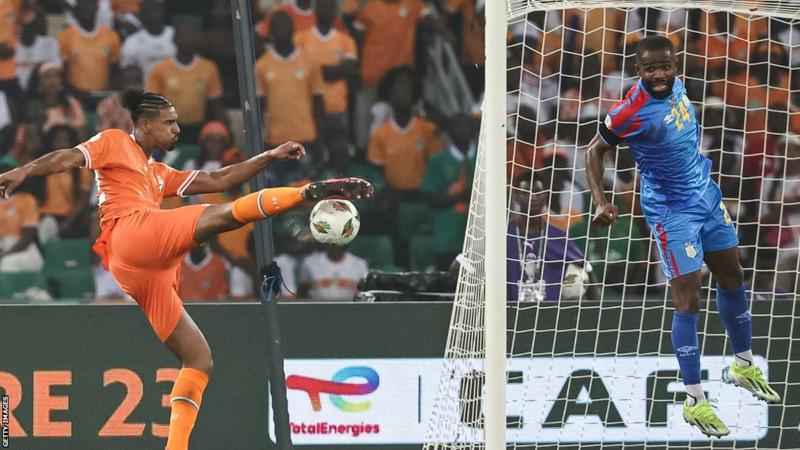Sebastien Haller scored the winner as 2023 Africa Cup of Nations, AFCON, hosts Ivory Coast beat DR Congo to set up a final meeting with Nigeria. The only goal of a cagey contest in Abidjan came in the 65th minute when Haller’s volley bounced down into the ground and up over Leopards Continue Reading
The 2023 Africa Cup of Nations kicks off Saturday with a tricky tie between Ivory Coast and Guniea-Bissau. The 34th edition of the tournament is considered one of the most wide-open in recent times, with several teams capable of lifting the title on February 11. The Super Eagles are in Group A alongside hosts, Ivory […]Continue Reading
Nigeria, South Africa and Morocco could be placed in the same group when the Africa Cup of Nations draw is made in the Ivory Coast on Thursday. The six top seeds include Morocco, who created history at the 2022 World Cup in Qatar by becoming the first semi-finalists from Africa. Nigeria is among the second […]Continue Reading
The next Africa Cup of Nations will be played in Ivory Coast in 2024, and not 2023, Confederation of African Football (Caf) president Patrice Motsepe said on Sunday. The tournament was to be hosted in June-July 2023, which is the height of the rainy season in Ivory Coast. “We cannot take the risk,” the South […]Continue Reading
